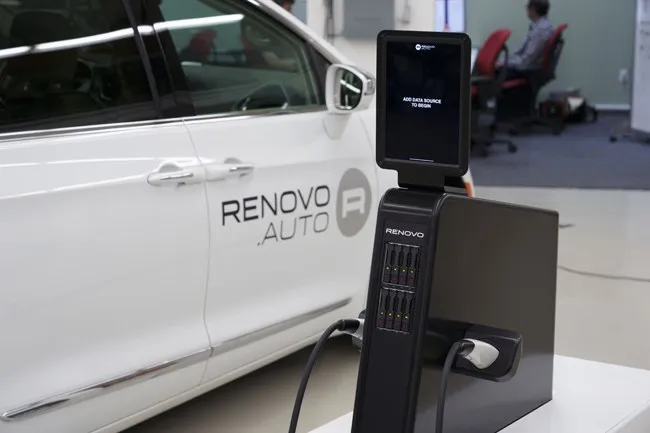Volvo Cars has announced plans to launch China’s most advanced autonomous driving experiment in which local drivers will test autonomous driving cars on public roads in everyday driving conditions.
Volvo expects the experiment to involve up to 100 cars and will in coming months begin negotiations with interested cities in China to see which is able to provide the necessary permissions, regulations and infrastructure to allow the experiment to go ahead.
Volvo believes the introduction of autonomous d
April 8, 2016
Read time: 3 mins
Volvo expects the experiment to involve up to 100 cars and will in coming months begin negotiations with interested cities in China to see which is able to provide the necessary permissions, regulations and infrastructure to allow the experiment to go ahead.
Volvo believes the introduction of autonomous driving technology promises to reduce car accidents as well as free up congested roads, reduce pollution and allows drivers to use their time in their cars more valuably.
The Swedish company is pioneering the development of autonomous driving systems as part of its commitment that no one will be seriously injured or killed in a new Volvo by the year 2020.
“Autonomous driving can make a significant contribution to road safety,” Håkan Samuelsson, president and chief executive of Volvo will tell a seminar in Beijing on April 7, entitled 'Autonomous driving – could China take the lead?' “The sooner AD cars are on the roads, the sooner lives will start being saved.”
Mr Samuelsson will welcome the positive steps China has taken to put in place to develop autonomous driving technologies, but will also encourage it to do more to try and speed up the implementation of the regulations that will oversee autonomous driving cars in future.
“There are multiple benefits to autonomous cars,” said Mr Samuelsson. “That is why governments need to put in place the legislation to allow AD cars onto the streets as soon as possible. The car industry cannot do it all by itself. We need governmental help.”
The introduction of autonomous cars promises to revolutionise China’s roads in four main areas – safety, congestion, pollution and time saving.
Independent research has revealed that autonomous cars have the potential to reduce the number of car accidents very significantly. Up to 90 per cent of all accidents are also caused by human error, something that disappears with autonomous cars.
In terms of congestion, autonomous cars allow traffic to move more smoothly, reducing traffic jams and by extension cutting dangerous emissions and associated pollution. Lastly, reduced congestion saves drivers valuable time.
Samuelsson welcomes moves by regulators and car makers in the US and Europe to develop autonomous cars and infrastructure, but he will also encourage all the parties involved to work more constructively together to avoid patchwork global regulations, technological duplication and needless expense.
“AD is not just about car technology. We need the right rules and the right laws,” Samuelsson he says. “It is natural for us to work together. Our starting point is that both the public and private sectors stand to benefit from new technologies and industries, so it is better to build bridges and work together than to all go in different directions.”









